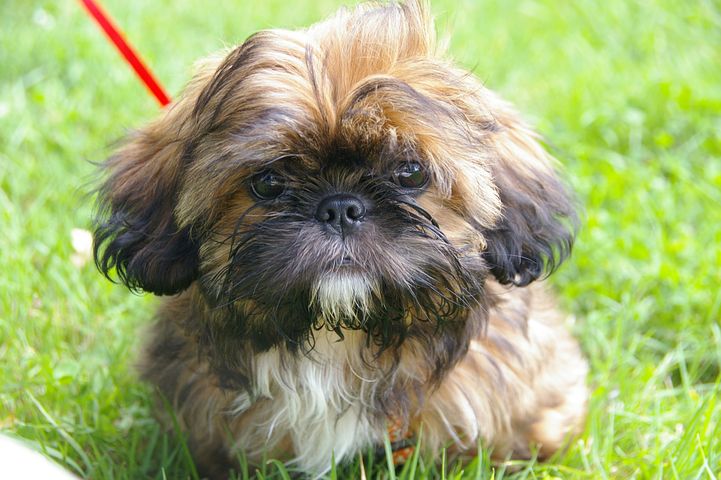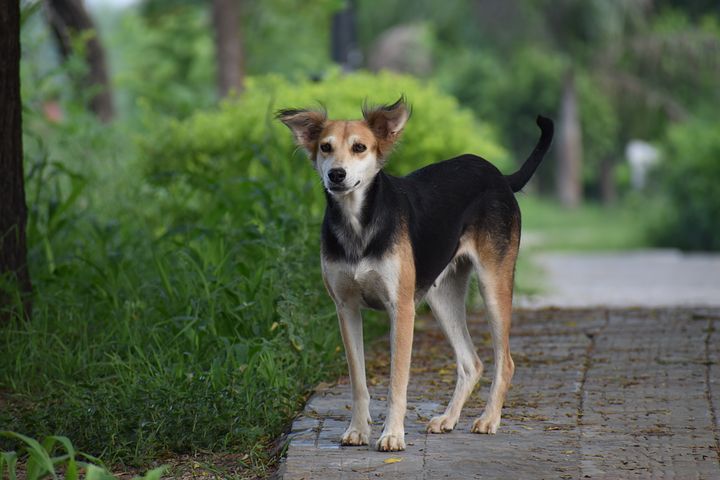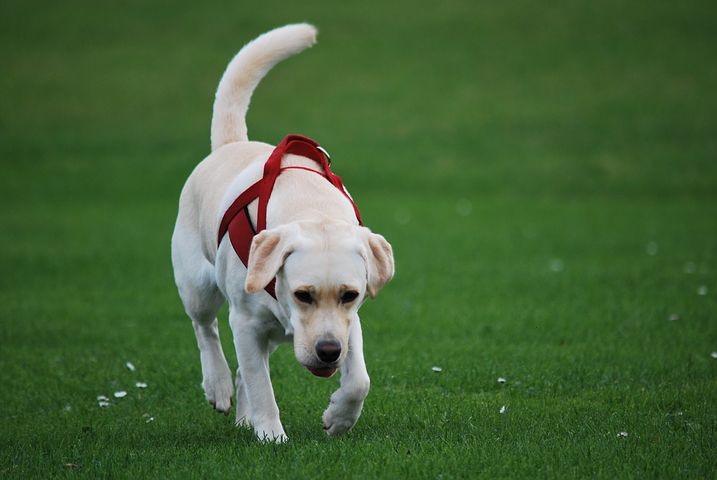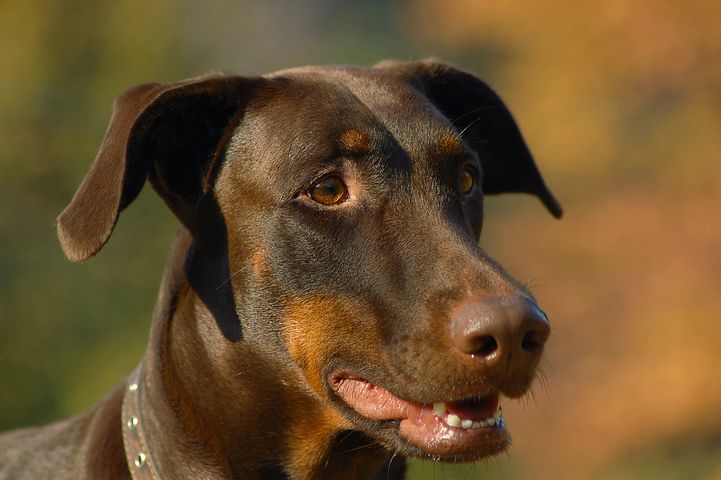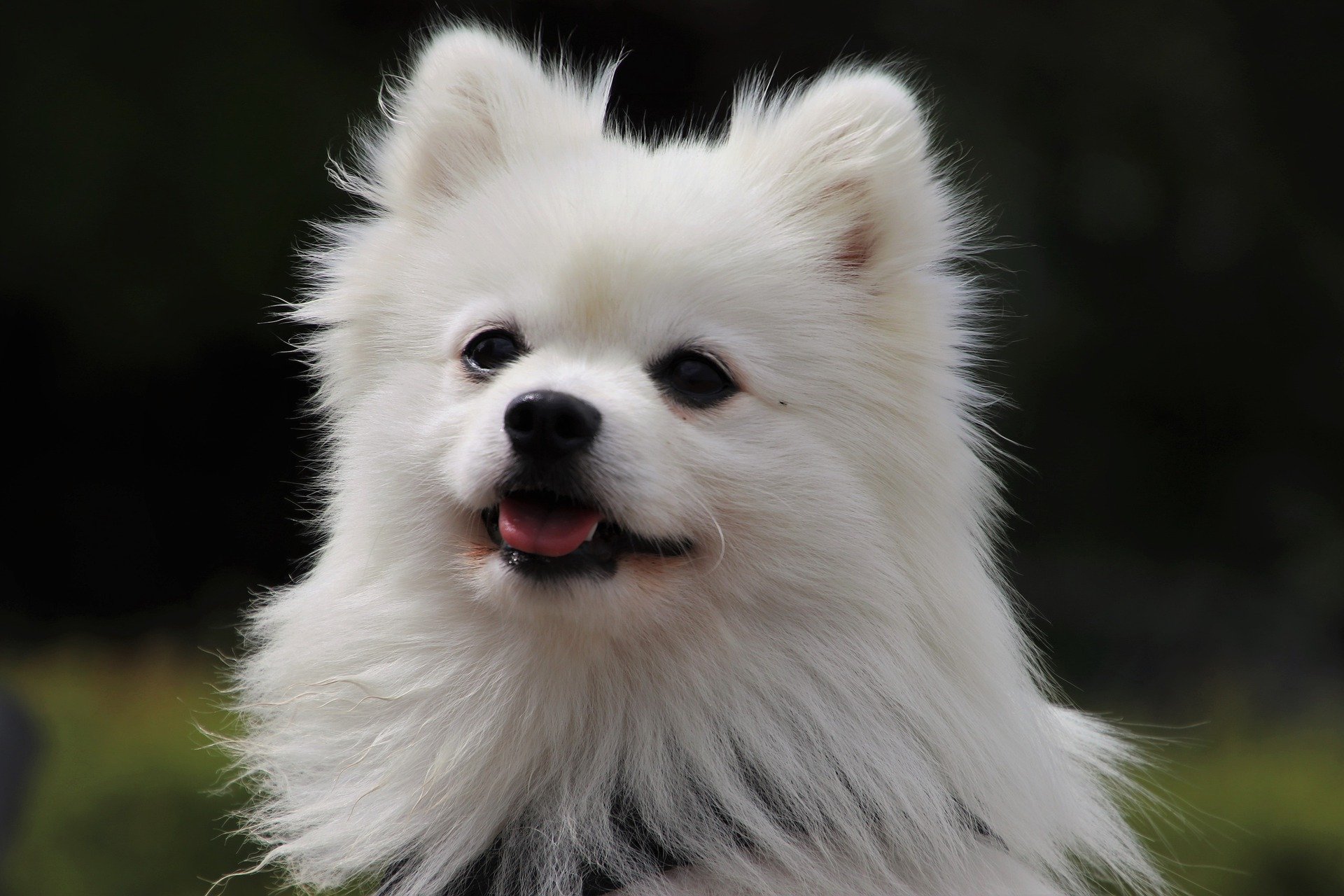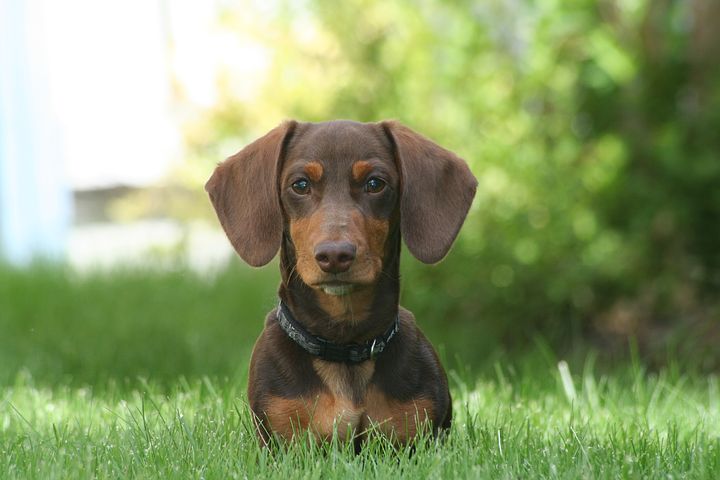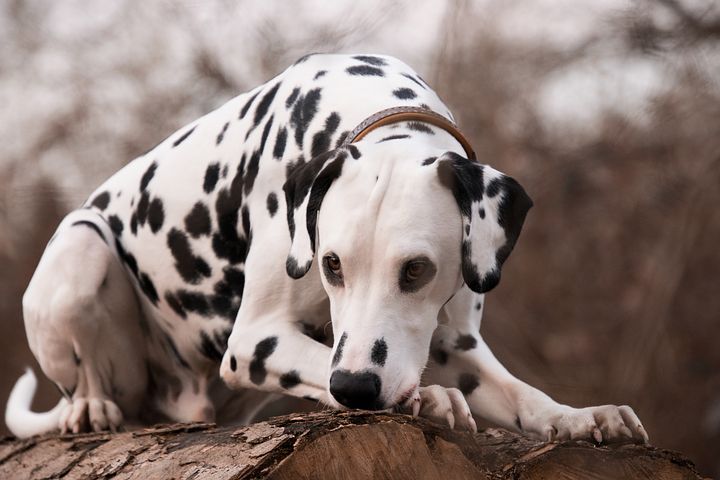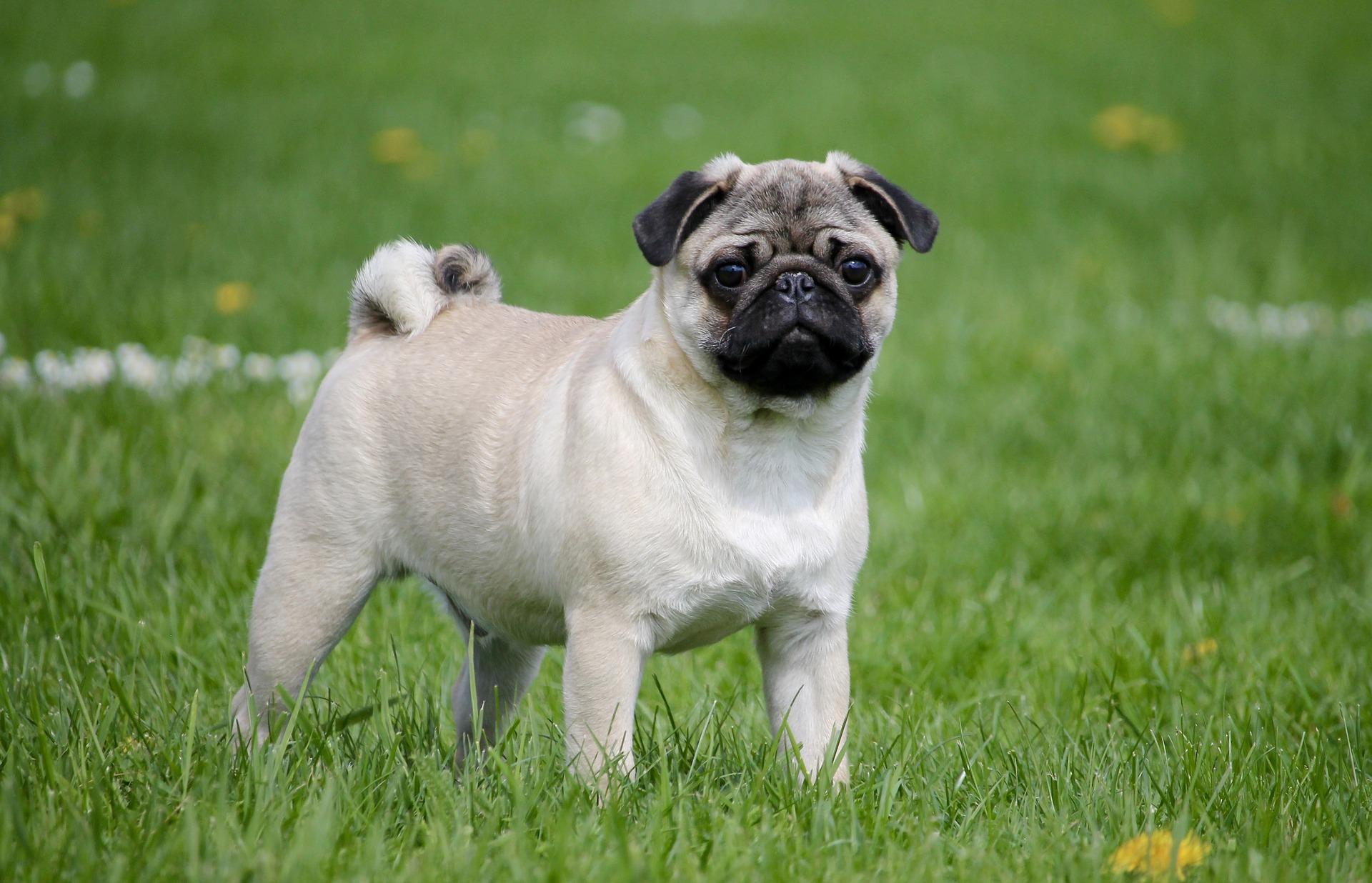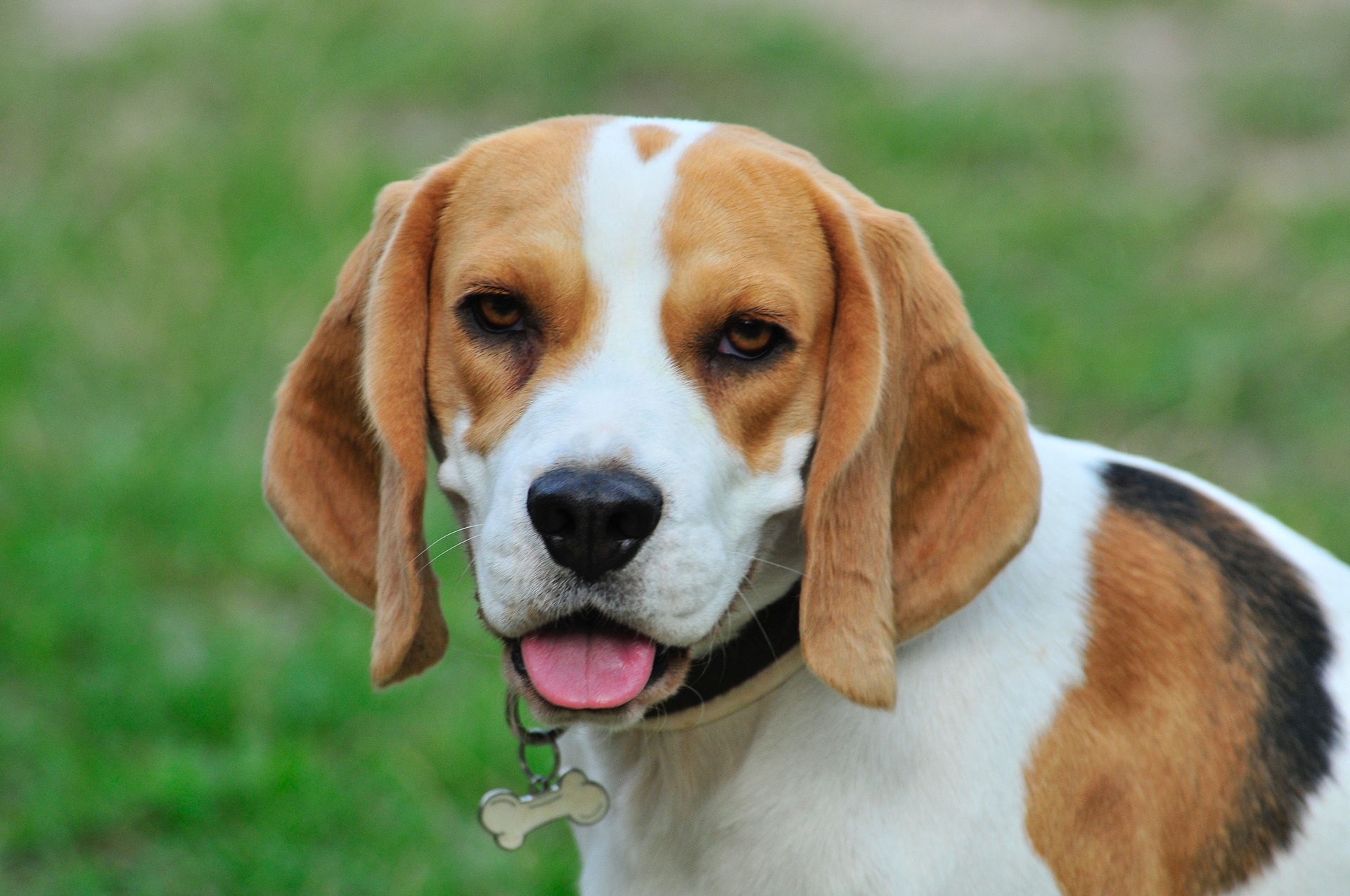The German Shepherd was developed from central and southern German herding dogs. As herding dogs, German Shepherds have been trained for intellect and independent thinking, so they are curious learners who like being useful. German Shepherds are energetic canines. Consider how much you can let them run at full speed over a field. They prefer plenty of outside time and enough of space to exercise at maximum capability. A home with a spacious backyard for running around would be excellent for a German Shepherd, and that's without considering all of the hikes, runs, and adventures they'd like to go on with you. Life expectancy: 9 – 13 years | |||
|---|---|---|---|
Some poorly bred German shepherd dogs can be high-strung and nervous.
Because of their herding heritage, they are extremely noble and loyal — both to the work they do and to their owners.
German Shepherds are energetic, self-assured, and extremely intelligent dogs.
They are completely reliant on their mothers' milk for nutrition.
If the mother's milk is not available, top quality powdered milk should be fed to the pups at regular intervals.
When German Shepherd puppies reach the age of one week, their weight nearly doubles.
As the pups gain weight and mobility, they become increasingly thirsty for milk.
As a result, their feeding amount varies on a weekly basis.
For Adult:-
German Shepherds require a minimum of 22 percent protein during their growth stages and 18 percent protein as adults. Puppies require 8% fat, while adults require 5% fat to meet their energy requirements. Survival necessitates the consumption of carbohydrates, vitamins, minerals, and water.
These essential nutrients, which are involved in all of the body's basic functions, must be included in a GSD's daily diet.
German Shepherds have a medium-length double coat that consists of a soft undercoat and a dense, coarser outer coat.
They shed moderately all year, but more heavily in the spring and fall.
They may require regular brushing throughout seasonal shedding seasons to eliminate dead fur.
Brushing once a week as maintenance over the rest of the year should suffice.
Bathing your German Shepherd on a regular basis will help keep him clean.
To preserve oral health, German Shepherds' nails should be clipped on a regular basis, and their teeth should be brushed.
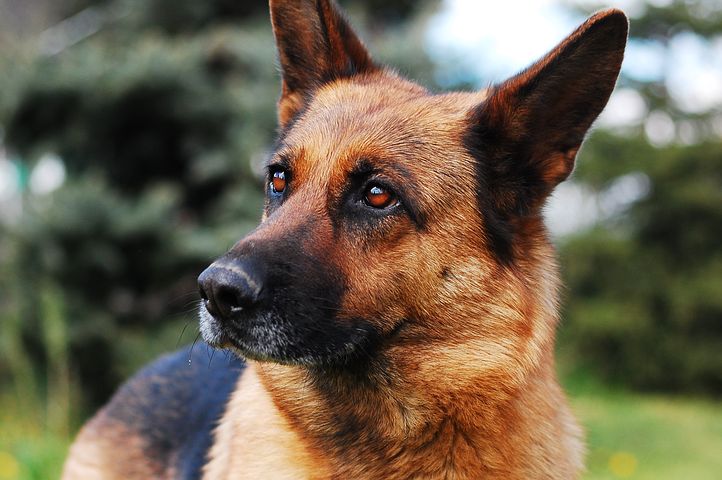
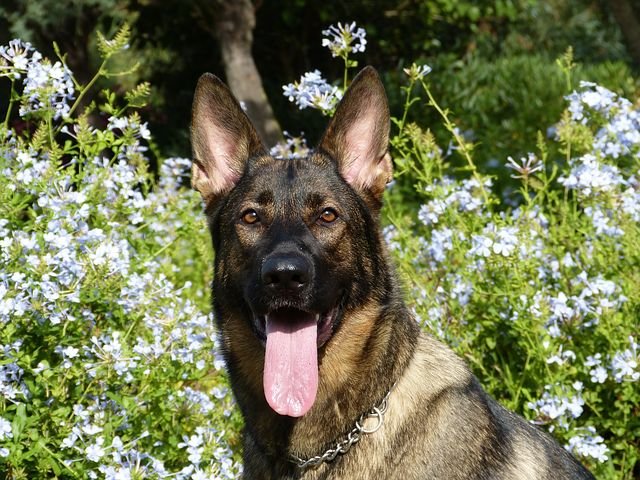
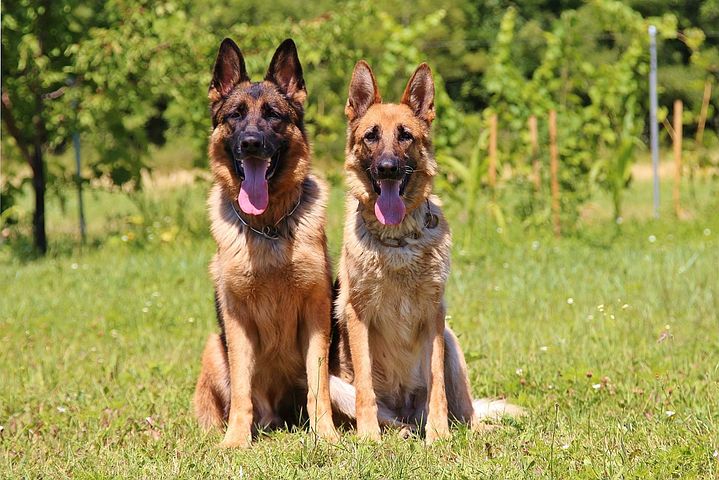
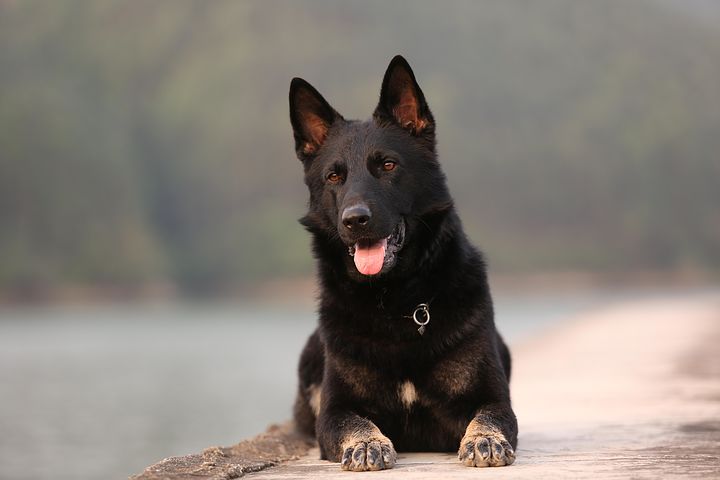
Browse More Friendly Dog Breeds
